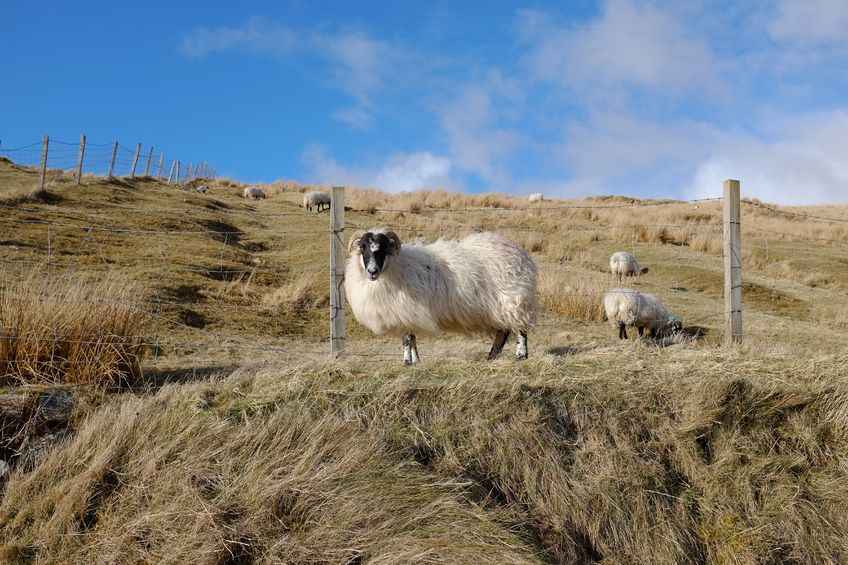
NFU Scotland has urged government to agree a post-Brexit package of measures to secure the long-term viability of upland farmers as a "matter of urgency".
The farming union has called for the contribution of Scotland’s hill farmers and crofters not to be measured "solely on the kilos of beef and lamb they produce".
Director of Policy Jonnie Hall said that while livestock production in the uplands is "vitally important", the value of active farming in these parts must also recognise the other "hugely significant" contributions.
These includes extensive grazing systems, and its impact on rural communities and environments.
However, Mr Hall stated that Brexit-led uncertainty threatens to undermine confidence levels in those involved in these traditional farming systems.
He has called for politicians, as a "matter of urgency", to agree a post-Brexit package of co-ordinated policy measures to secure the longer-term viability of hill and upland farming and crofting businesses.
Speaking at the conference 'A Future Vision for the Hills & Mountains', Mr Hall said: “Given the physical and financial vulnerability of Scotland’s hill farms and crofts for the foreseeable future, extensive hill and upland farming enterprises potentially face the sheerest cliff-edge because of Brexit and withdrawal from the CAP.
“A strategy that sets out how to ensure that hill farming and crofting in Scotland can be viable and thrive must be developed.
'Brexit-driven uncertainty'
He said these traditional farming systems face "ever-increasing Brexit-driven uncertainty" that threatens to undermine confidence levels that are "already fragile".
Mr Hall continued: “Rising input costs, compliance requirements and poor output prices continue to conspire, meaning that Scotland’s more disadvantaged areas remain heavily reliant on agricultural support – both in terms of the direct support available through Pillar 1 and, of equal importance, the Less Favoured Areas Support Scheme of Pillar 2.
“The evidence is clear that, in rapidly changing and uncertain times, a package of co-ordinated policy measures to secure the longer-term viability of hill and upland farming businesses and crofting is required as a matter of urgency.
“These measures must be based on activity, rather than the area of land, and comprise of complementary measures that deliver financial stability, productivity gains and environmental benefits.
Mr Hall said the value of hill farming and crofting must not be measured by "kilos of beef or lamb alone".
